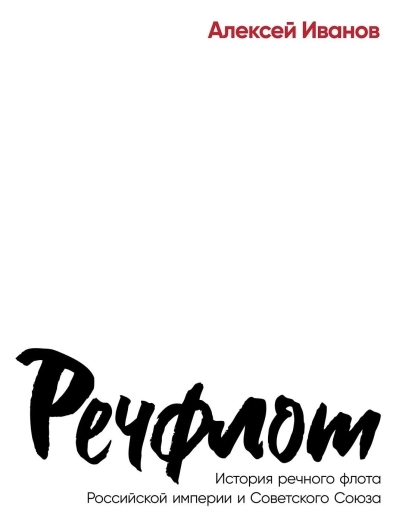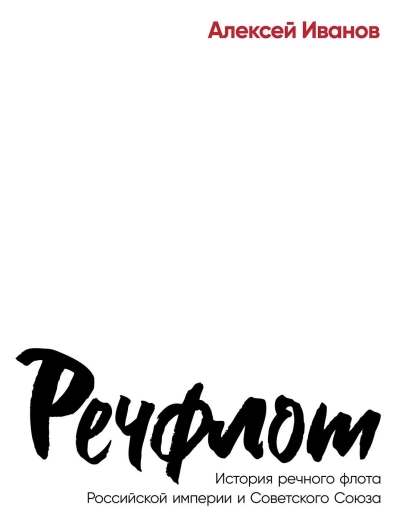River Fleet. History of the River Fleet of the Russian Empire and the Soviet Union
19.99 €
13.99 €
In stock
Everyone loves the navy. But Russia is a river power, and the true fleet of Russia, one of the greatest in the world, is the river fleet. But the society almost doesn't notice it. That is, does not notice the country in which it lives.
Rus turned into Russia, spreading out along the rivers. The pioneers traveled on strugas and rooks, doschakniki and barques. Peter I turned his state into an empire and built the first canals for the capital, and Catherine II, continuing Peter's work, established rules of navigation on them. Then these rules were extended to all the rivers of the Fatherland. So from the motley mass of river vessels a "regular" fleet was formed. River fleet. The first Russian steamship was a river ship, and the first motor ship - too. Roads in the country were always in short supply, and progress made its way to Russia by river. It was carried by riverboats. Advanced technologies, industrial, economic and social, first appeared on the river fleet. Rechflot participated in all affairs of the motherland. Peasants freed from the serfdom went to become steamboatmen, and the first firms were steamships. The heyday of capitalism is river trusts and syndicates. The Civil War was the battles of the river armadillos. The bravura Stakhanov movement, the grandiose construction sites of industrialization, and the cruel Gulag had their own ships. In the Great Patriotic War river ships evacuated thousands of factories and millions of people, river ships fought the enemy at the fronts. And the post-war heyday of the USSR was the heyday of the river fleet, when the rivers moved giant dry cargo ships, proudly sailed passenger liners, swiftly flew ships on hydrofoils. This book tells not only about the development of the river fleet, but also about the people who created the river history of Russia. On the inner workings of river life. On its interrelationships with politics and culture. About catastrophes that shook the country and the river fleet. About amazing projects and fantastic dreams. About the inextricable kinship of the common man and the river steamer. In the end, this book tells about the fate and soul of the nation, because the ship is always both fate and soul.
Rus turned into Russia, spreading out along the rivers. The pioneers traveled on strugas and rooks, doschakniki and barques. Peter I turned his state into an empire and built the first canals for the capital, and Catherine II, continuing Peter's work, established rules of navigation on them. Then these rules were extended to all the rivers of the Fatherland. So from the motley mass of river vessels a "regular" fleet was formed. River fleet. The first Russian steamship was a river ship, and the first motor ship - too. Roads in the country were always in short supply, and progress made its way to Russia by river. It was carried by riverboats. Advanced technologies, industrial, economic and social, first appeared on the river fleet. Rechflot participated in all affairs of the motherland. Peasants freed from the serfdom went to become steamboatmen, and the first firms were steamships. The heyday of capitalism is river trusts and syndicates. The Civil War was the battles of the river armadillos. The bravura Stakhanov movement, the grandiose construction sites of industrialization, and the cruel Gulag had their own ships. In the Great Patriotic War river ships evacuated thousands of factories and millions of people, river ships fought the enemy at the fronts. And the post-war heyday of the USSR was the heyday of the river fleet, when the rivers moved giant dry cargo ships, proudly sailed passenger liners, swiftly flew ships on hydrofoils. This book tells not only about the development of the river fleet, but also about the people who created the river history of Russia. On the inner workings of river life. On its interrelationships with politics and culture. About catastrophes that shook the country and the river fleet. About amazing projects and fantastic dreams. About the inextricable kinship of the common man and the river steamer. In the end, this book tells about the fate and soul of the nation, because the ship is always both fate and soul.
See also:
- All books by the publisher
- All books by the author

























